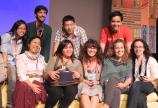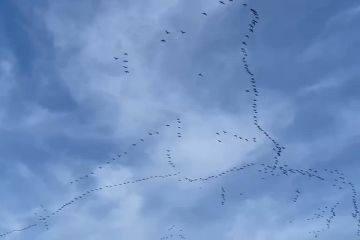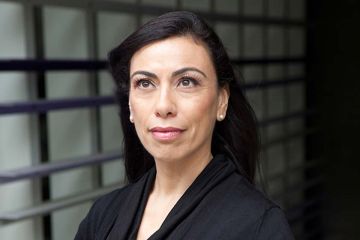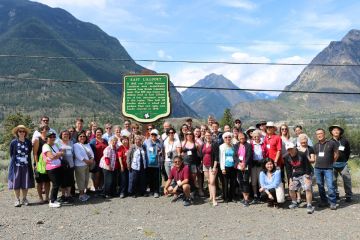‘Migrants’ rights are human rights’
- Adam Taylor Tran
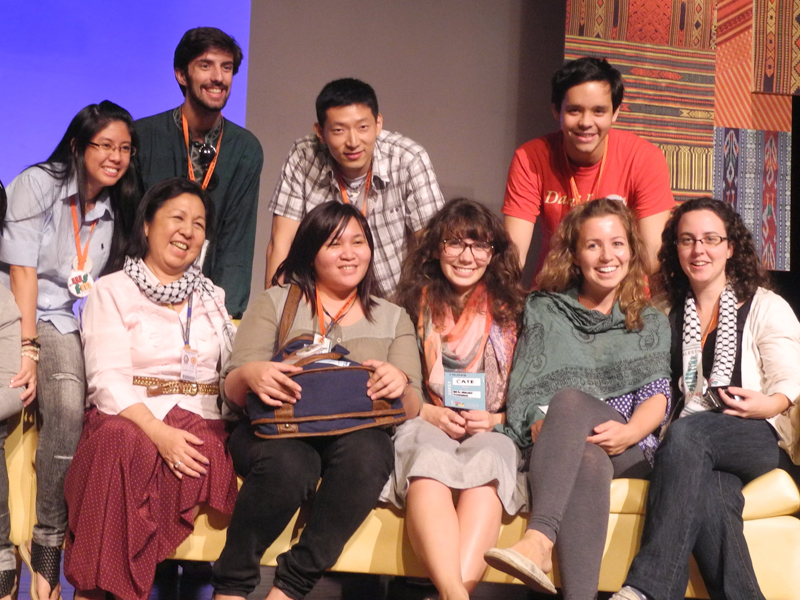
From the movement of the early Homo Sapiens out of the continent of Africa, to the ancient exchanges between Indian and Chinese merchants and monks along the Silk Road, to the boat people who fled the aftermath of the wars in Vietnam and Cambodia in the late 1970s, to Canadian retirees who today are selling their belongings and moving south, the process of human migration is by no means new. It has facilitated exchanges and interactions between people that have powerfully shaped human history, thought, religion, politics, language and more.
What is (relatively) new, however, are the impacts of the neoliberal model of globalization, which have resulted in pressures and dangerous conditions for the migrants of today and their family members.
UVic’s Centre for Asia-Pacific Initiatives (CAPI) has recently turned its attention to the contemporary context for migration by connecting student interns with migrants’ rights organizations throughout Asia.
From June to December 2012, Cate Lawrence, George Benson, Chandra Merry and I were placed as CAPI interns with NGOs in the Philippines, Bangladesh and India. Our respective host organizations are members of the Migrant Forum in Asia (MFA) network, one that is comprised of over 200 rights-based members and partners focused on migration issues in the Asia region.
This year, MFA hosted the fifth annual World Social Forum on Migrations (WSFM) from Nov. 26–30, in Manila, Philippines, and all four of us, in addition to three UVic alumni, had the opportunity to assist and participate in the forum.
Broadly speaking, the WSFM strives to create a space dedicated to exploring alternatives to the neoliberal world order, specifically focusing on issues related to mobility and migration, including labour migration, domestic work, refugees, trafficking of people and climate change.
The vast majority of the 1,800 overseas and local participants agreed that the rights and powers given to profit-driven multinational corporations have resulted in a system designed to benefit a privileged minority. This system relies on lowering the cost of flexible labour and exploiting natural resources from the Global South. The consequences of this system have contributed to today’s financial, environmental and global social crises that disproportionately and systemically oppress migrants due to practices that lead to outsourcing, importing temporary labour, environmental degradation, low wages, and human and sex trafficking. Thus, of the estimated 740 million international and internal migrants throughout the world today, many are pressured to migrate under dangerous conditions that often leave them vulnerable, victimized, and/or criminalized.
Although global communication can be accessed with the click of a button, the WSFM was able to facilitate global collaboration, something that, in my opinion, is less easily fostered by e-mails and phone calls. The forum impressed upon me the importance of dedicating space to tackle issues facing humanity by coming together at a very human level.
Furthermore, it allowed those of us interning with CAPI to come together and deeply reflect and connect with each other. I believe that the reflections and connections that were made by all participants will contribute to the growing movement that is pushing for global recognition and action towards understanding migrants’ rights as human rights.
More about CAPI and its intern program
________________
Adam Tran is a fourth-year student in the Department of Political Science and the Intercultural Education Training Diploma Program.
Photos
In this story
Keywords: immigration, human rights, history

